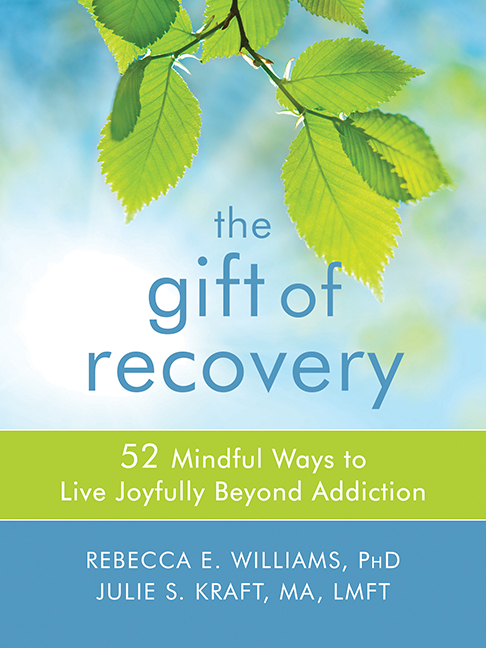by Rebecca E. Williams, PhD, coauthor of The Gift of Recovery
Do you ever feel anxious and keyed up at home because of clutter? Are you unable to focus, get things done, or just relax? If you’re having trouble maintaining your gains in recovery, one way to get momentum back is to declutter your space.
Researchers at Princeton Neuroscience Institute revealed that when our space is cluttered we have a harder time focusing and we have a tougher time processing information. A messy, disorganized space has a significant impact on our brains. Our ability to take in new information and understand what is going on around us gets hijacked by the mess. In recovery, as the brain begins to heal, maintaining new habits can activate energy. One way to help is to get a game plan in place to declutter space.
Think of it like this. A clean, organized space leads to more room for a healthy recovery. It’s OK to create space for your recovery. Here’s how:
1. Put your space first in your recovery.
A surprising number of people in recovery don’t make their personal space a priority. How do you feel when you wake up in the morning, go into your kitchen to make a cup of tea or coffee and are greeted by a clean and organized kitchen? Make your kitchen the first space you honor to start your day in a positive way.
2. Create space to support your recovery.
Your space can gently hold your recovering self if given the chance. Why not begin to respect yourself and your space? Realize that your refreshed space is there for you. As you start to clear the clutter, notice how your home welcomes you after a stressful day.
3. Value simplicity as a source of renewal in your recovery.
Some people in addiction have built up a wall of things between themselves and their emotions. Old furniture, clothes that are too big or too small, an overflow of papers, or cabinets filled with items that have no use get in the way of your well-being. In recovery, the more you simplify, the more you can connect to your personal resilience.
4. Cultivate strength by discarding items that do not enhance your recovery.
No one says it’s going to be easy or fast to get rid of items you have been hanging onto for months, years, or even decades. It takes strength and commitment. The question to ask yourself as you decide on each item: Does this item enhance my recovery? If it does, find a respectful place to keep it. If it doesn’t, you have permission to discard or give away the item.
5. Inspire your recovery by creating a space for well-being and joy.
Now that you are beginning to see a clearing, what energy do you want to put in the new space? Breathe, visualize, and think positively about what you want in your recovery now. There is joy hiding under your clutter!
Wishing you safe, beautiful, and love-filled spaces in your recovery.
 Rebecca E. Williams, PhD, is an award-winning author and clinical psychologist specializing in healthy recovery, resilience, and well-being. She is the coauthor, with Julie S. Kraft, LMFT, of The Gift of Recovery.
Rebecca E. Williams, PhD, is an award-winning author and clinical psychologist specializing in healthy recovery, resilience, and well-being. She is the coauthor, with Julie S. Kraft, LMFT, of The Gift of Recovery.
Reference
McMaine, S. & Kastner, S. (2011). The Journal of Neuroscience. Interactions of top-down and bottom up mechanisms in the human visual cortex. Jan 12:31(2): 589-97.


 Why Journaling Is Especially Helpful to Adult Children of Emotionally Immature Parents
Why Journaling Is Especially Helpful to Adult Children of Emotionally Immature Parents